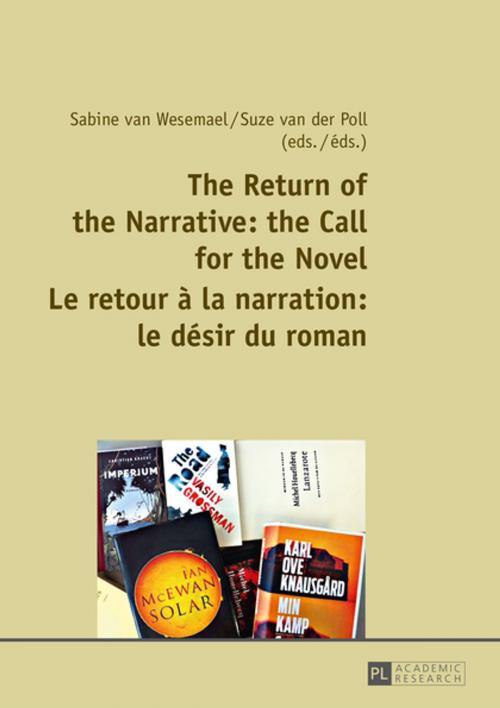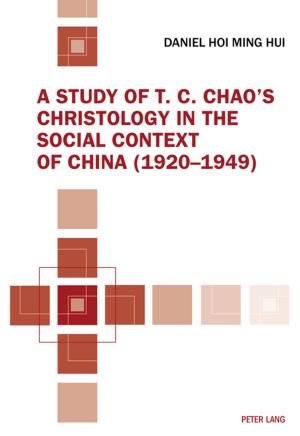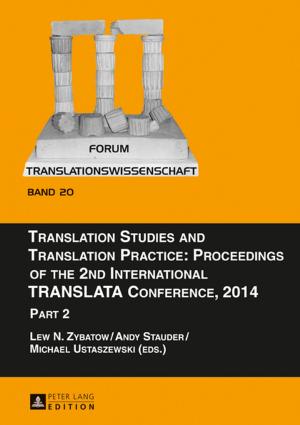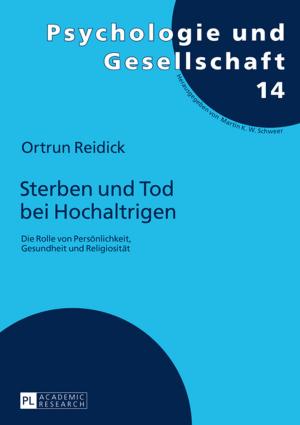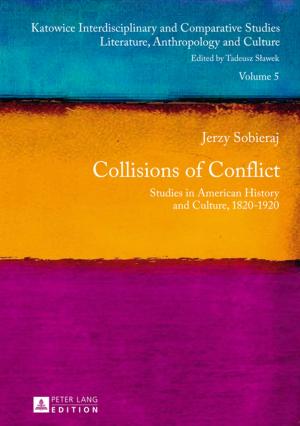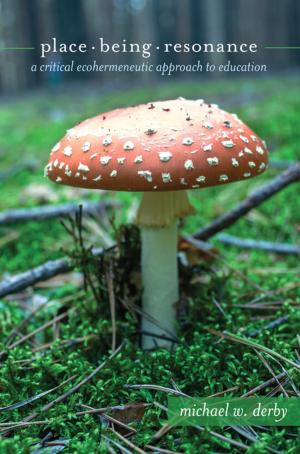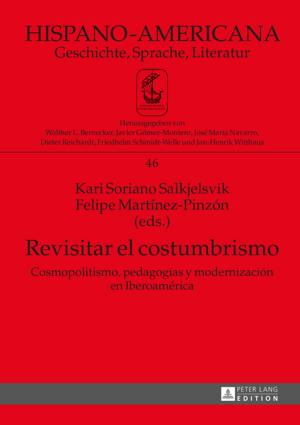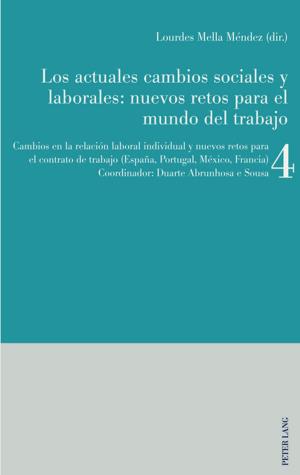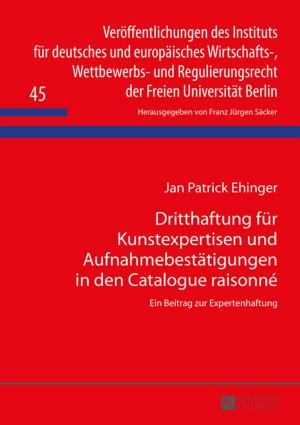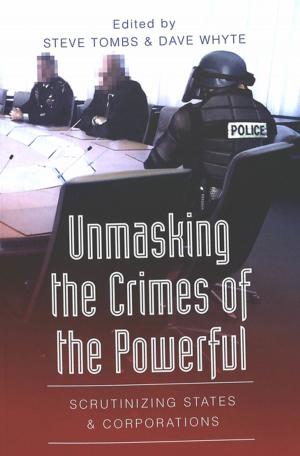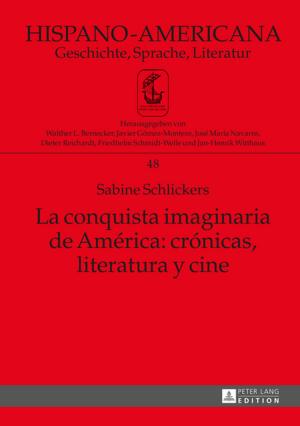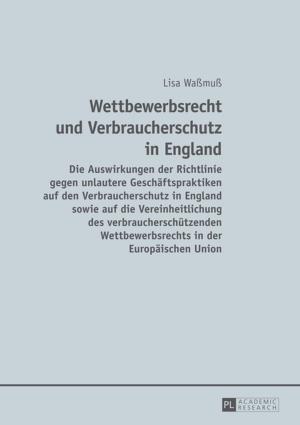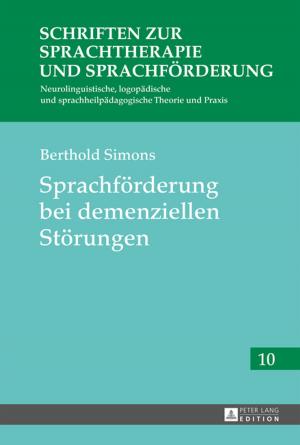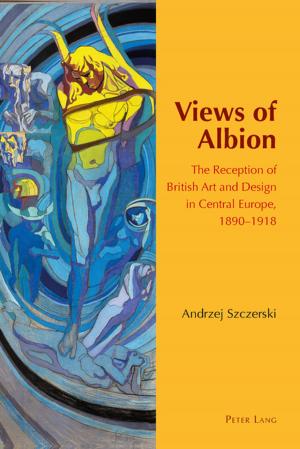The Return of the Narrative: the Call for the Novel- Le retour à la narration : le désir du roman
Fiction & Literature, Literary Theory & Criticism, Theory, Nonfiction, Reference & Language, Foreign Languages| Author: | ISBN: | 9783653981926 | |
| Publisher: | Peter Lang | Publication: | January 6, 2015 |
| Imprint: | Peter Lang GmbH, Internationaler Verlag der Wissenschaften | Language: | English |
| Author: | |
| ISBN: | 9783653981926 |
| Publisher: | Peter Lang |
| Publication: | January 6, 2015 |
| Imprint: | Peter Lang GmbH, Internationaler Verlag der Wissenschaften |
| Language: | English |
This study focuses on the return of the narrative as applied by literary historians. Through the 1980s, criticism on the hermetic nature of many postmodern texts grew louder and louder: novelists expressed the wish to restore the bonds between the reader and the texts as well as between the texts and the extra-literary reality. Many fiction writers have grown tired of formalism and restore the conventions of realism, though not using them in a passive manner. Literary historians dealing with the post-postmodern or late postmodern European novel agree that conventional techniques are being adopted in new manners, and that all 20th century tendencies that criticized and tried to overcome 19th century realism do leave their traces on the contemporary novel: it might be a matter of hybrid forms combining realism and postmodernism.
Cette étude porte sur la notion, souvent avancée par des commentateurs du roman contemporain, du retour à la narration. Le romancier contemporain s’opposerait à l’hermétisme du roman postmoderne et désirerait rétablir le lien entre le texte et son lecteur et entre la littérature et la réalité extralittéraire. Les écrivains se lassent du formalisme et reprennent les conventions du réalisme sans toutefois les appliquer passivement ; l’auteur actuel n’envisage pas de restaurer une forme traditionnelle, mais de réécrire au second degré certains modèles romanesques afin de mieux représenter le monde contemporain. Le roman contemporain serait donc une forme hybride qui combine des tendances réalistes et postmodernes.
This study focuses on the return of the narrative as applied by literary historians. Through the 1980s, criticism on the hermetic nature of many postmodern texts grew louder and louder: novelists expressed the wish to restore the bonds between the reader and the texts as well as between the texts and the extra-literary reality. Many fiction writers have grown tired of formalism and restore the conventions of realism, though not using them in a passive manner. Literary historians dealing with the post-postmodern or late postmodern European novel agree that conventional techniques are being adopted in new manners, and that all 20th century tendencies that criticized and tried to overcome 19th century realism do leave their traces on the contemporary novel: it might be a matter of hybrid forms combining realism and postmodernism.
Cette étude porte sur la notion, souvent avancée par des commentateurs du roman contemporain, du retour à la narration. Le romancier contemporain s’opposerait à l’hermétisme du roman postmoderne et désirerait rétablir le lien entre le texte et son lecteur et entre la littérature et la réalité extralittéraire. Les écrivains se lassent du formalisme et reprennent les conventions du réalisme sans toutefois les appliquer passivement ; l’auteur actuel n’envisage pas de restaurer une forme traditionnelle, mais de réécrire au second degré certains modèles romanesques afin de mieux représenter le monde contemporain. Le roman contemporain serait donc une forme hybride qui combine des tendances réalistes et postmodernes.
